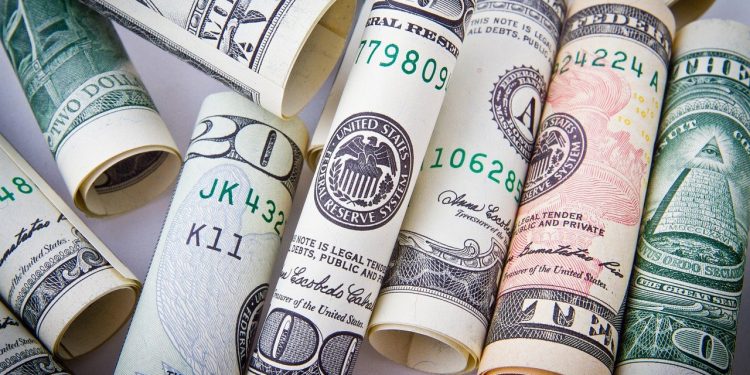American President Joe Biden proposed a $1.9 trillion stimulus plan — also known as the American Rescue Plan — which included allocation toward personal checks, Coronavirus testing and vaccination funding, and funding for state and and local governments.
Hindrance on execution
Inadequate bipartisan support
Many Democratic and Republican senators have expressed concern that a further $1400 stimulus check was too extravagant and may plunge the country into more debt.
This proposition, though less in volume compared to last year’s CARES Act, is still significant and the overall question remains on whether it can garner bipartisan support.
Lack of support in Congress
In order to pass this round of the stimulus plan, it’d require the support of at least ten Republican congressional members which, in the current partisan political climate, still seem uncertain. House majority leader Nancy Pelosi expressed her support for the stimulus plan in a Jan. 14 announcement, while senate majority leader Mitch McConnell and several other Republican congressional members had expressed their disapproval for further funding to the state and local governments, especially after the $900 billion bill had just been passed last year.
Federal Reserve’s resorting to money printing
Soaring national deficit devaluing the dollar
Since March 2020, the Federal Reserve introduced a series of propositions to save the economy, which would include increasing money supply. However, with the national debt soaring over $28 trillion, it has now surpassed the country’s GDP. The Federal Reserve’s debt, which tops at around $7 trillion, is an ongoing strategy which, in the long-term, rations its economic burdens to the rest of the world through the monetization of the deficit. A continual devaluation of the dollar is expected with the government’s excessive spending.
Inflated balance sheet will lead to liquidity in financial markets
An enormous and growing deficit would eventually lead to the devaluation of the dollar, which also devalues assets of its holder and harms the overall confidence of continuing to hold said assets. This would, in the long run, damage the reputation of the dollar and the dominance of the American economy.




